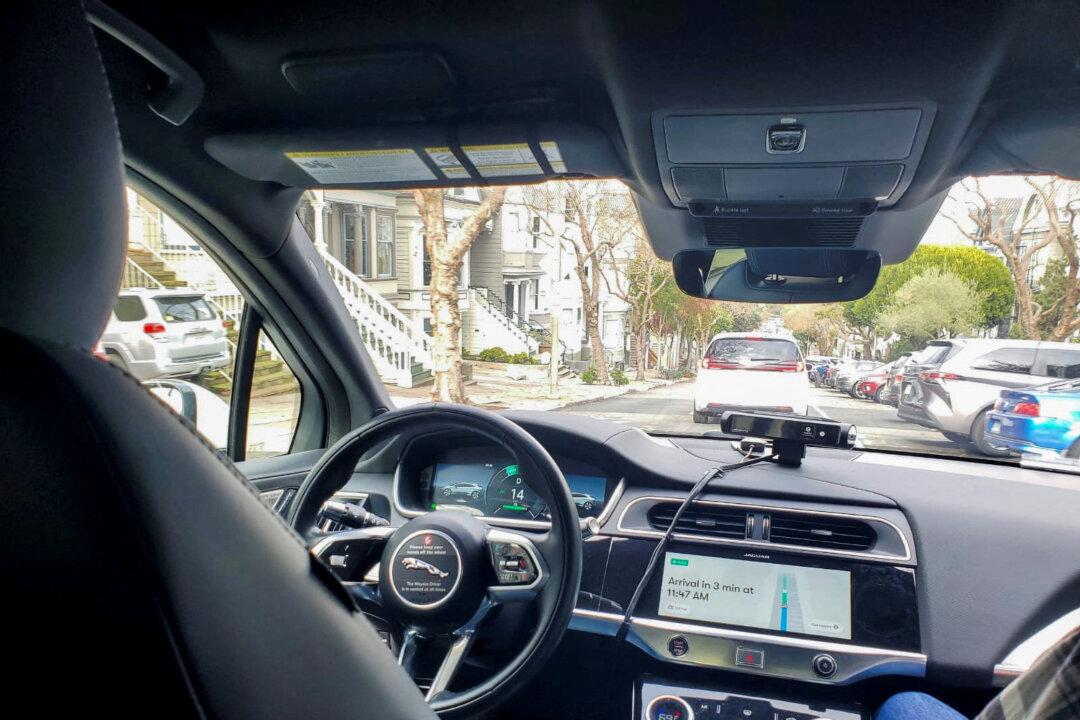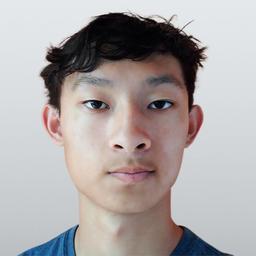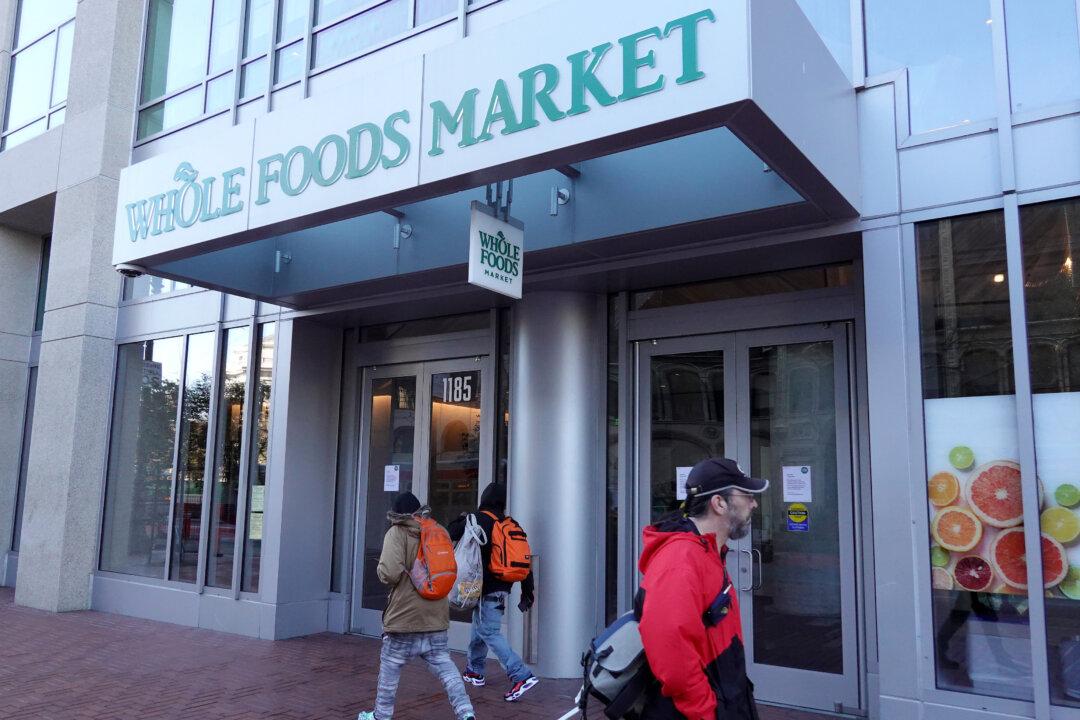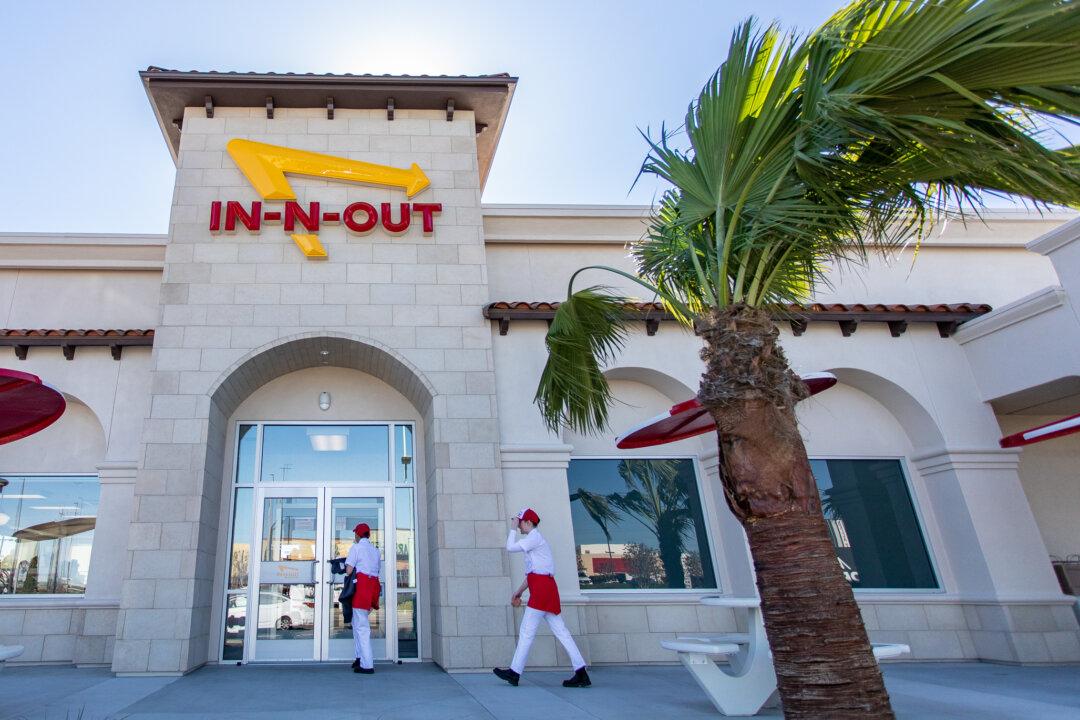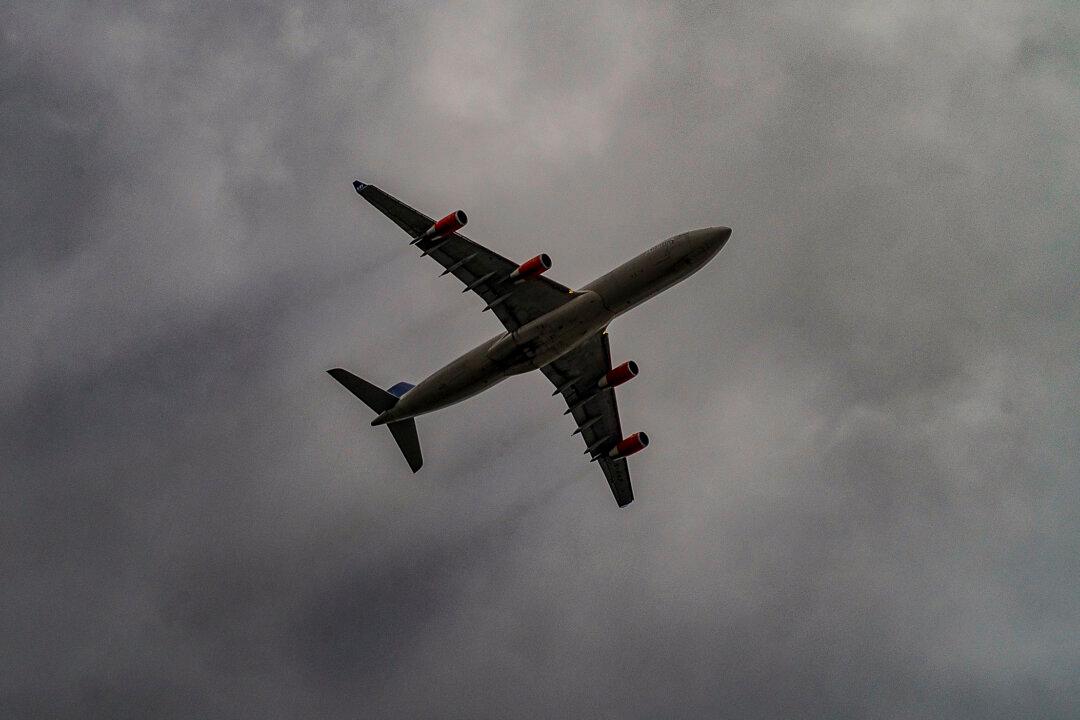Controversy has sprung up in San Francisco around whether or not driverless cars are ready to be deployed on a mass scale.
Driverless cars, once considered a novelty, are becoming more and more common. Some even believe the technology could replace human-driven taxicabs.
